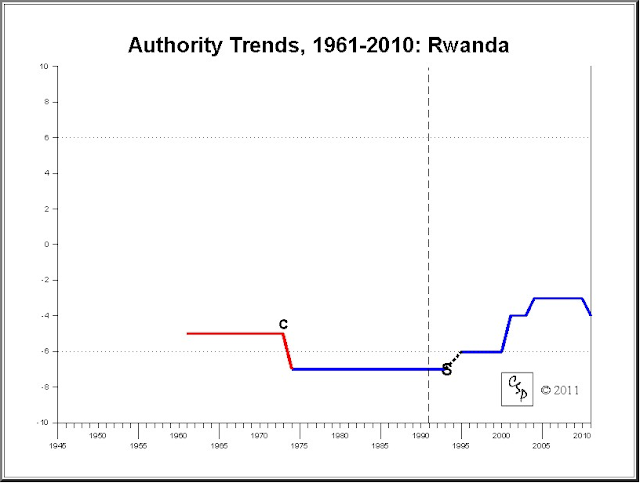Good news for reflective aid business -types who like agonising about what the point of it all is and sometimes wondering whether we’re even making things worse (err... talking about a friend... not me...). Also even good news for developing countries I suppose.
A new paper in the Journal of Development Economics by Sam Jones & Finn Tarp* using new data on aid (from aiddata.org) and institutions (from the Quality of Government Institute) finds no evidence that aid has undermined institutions on average, if anything there seems to be a positive relationship. I’m less confident in the positive findings than reassured that in *none* of their various different approaches is the relationship negative.
Now you’re probably thinking “what about the 2006 CGD review paper by Todd Moss, Gunilla Pettersson & Nicolas Van de Walle, described by Blattman as "the best summary I know of the evidence”, which concluded that aid could have a harmful effect on institutional development”? Well the word “could” is important there - that conclusion was somewhat speculative, and this new evidence from Jones & Tarp fills an important gap in terms of systematic quantitative evidence on this topic, and should probably shift your priors at least a little in that direction.
I wonder what Angus Deaton would say?
---
* Thanks to UNU-WIDER the paper is open-access, which is great for what it is, but obviously having public institutions pay private journal owners something greater than the cost of production isn’t an ideal long-run equilibrium, and we really need something that fundamentally shifts the whole publishing industry.

